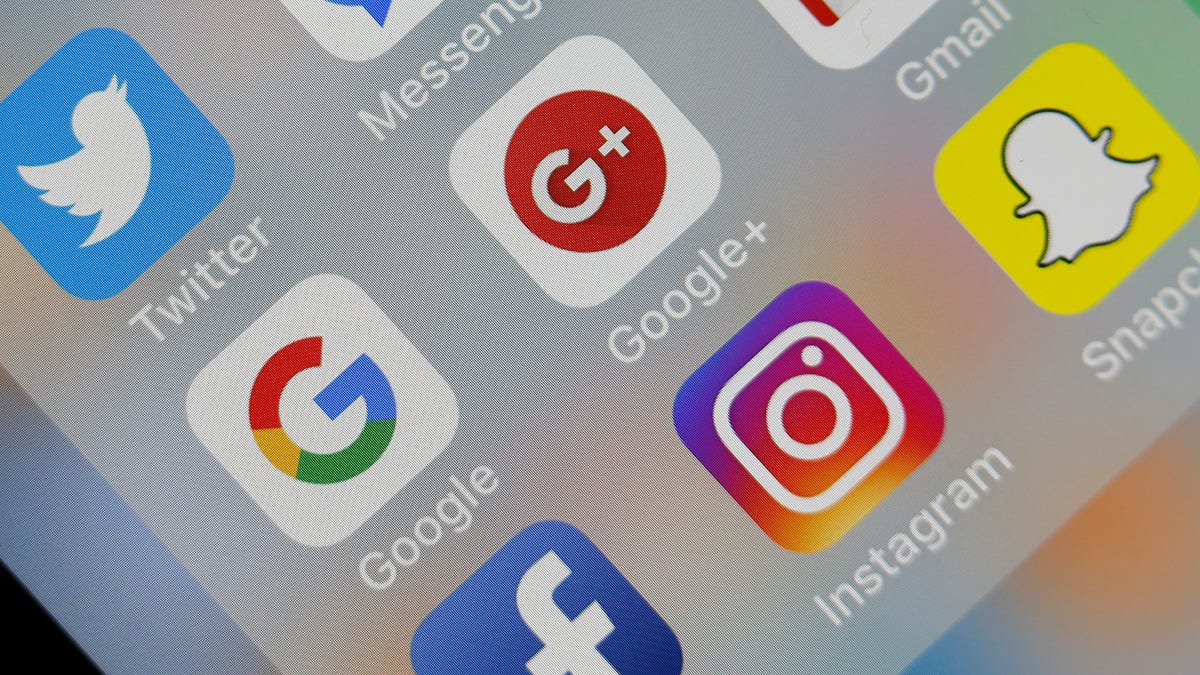Federal judge blocks Texas social media 'censorship' law
The law would ban companies like Facebook and Twitter from blocking content based on political viewpoints.

A federal judge on Wednesday granted a preliminary injunction against a Texas law that prohibits large social media companies from banning users or blocking posts based on their political viewpoints.
HB 20, signed by Texas Gov. Greg Abbott on Sept. 9, targets companies with at least 50 million monthly users in the US, including Facebook, Twitter and Google's YouTube, and would also allow residents of the state to sue companies for reinstatement of accounts. The law, billed by the governor's office as protecting Texans "from wrongful censorship on social media platforms," was set to take effect Thursday.
The new law came about amid rising pressure from some Republican lawmakers who alleged that Twitter, Facebook and other social networks harbor anti-conservative bias. The social networks have denied those charges.
In his decision, Judge Robert Pitman for the Western District of Texas wrote that social media companies have a First Amendment right to moderate content on their platforms. He also rejected the defendants' argument that such companies are "common carriers," adding that that the state offered "no convincing support for recognizing a governmental interest in the free and unobstructed use of common carriers' information conduits."
Pitman's 30-page ruling (see below) went on to address whether the social media companies exercise editorial judgment over content posted to their platforms.
"This Court is convinced that social media platforms, or at least those covered by HB 20, curate both users and content to convey a message about the type of community the platform seeks to foster and, as such, exercise editorial discretion over their platform's content," Pitman wrote, going on to point out an apparent flaw in the state's arguments. "Without editorial discretion, social media platforms could not skew their platforms ideologically, as the State accuses of them of doing."
Gov. Abbott's office said it's working with the state attorney general on an appeal of the ruling.
"Allowing biased social media companies to cancel conservative speech is hostile to the free speech foundation America was built on," Press Secretary Renae Eze said in a statement. "In Texas, we will always fight to defend Texans' freedom of speech."
In June, a federal judge blocked a Florida law from taking effect that would have allowed the state to punish social media companies for banning politicians or political candidates from their platforms. The judge in that case found the law's prohibition on "deplatforming" may violate companies' free speech rights and said that the legislation on the whole is "viewpoint-based."
NetChoice and the Computer and Communications Industry Association, internet industry groups that sued to challenge the Florida bill, filed the lawsuit challenging the Texas law in September.
Steve DelBianco, CEO of NetChoice, called Wednesday's ruling a victory for free speech.
"HB 20 would unleash a tidal wave of offensive content and hate speech crashing onto users, creators, and advertisers. Thanks to the decision made today, social media can continue providing high-quality services to Americans while simultaneously keeping them safe from irresponsible users and offensive content," DelBianco said in a statement.
Google, Facebook and Twitter didn't immediately respond to requests for comment.
Judge Pitman's decision:

